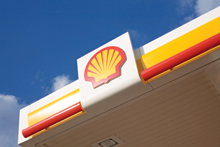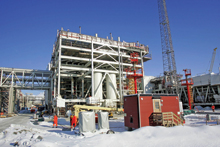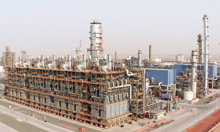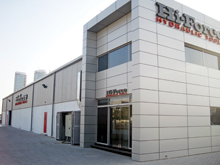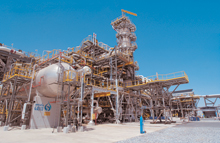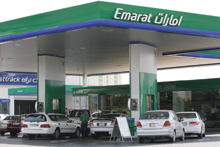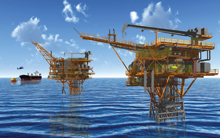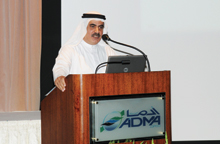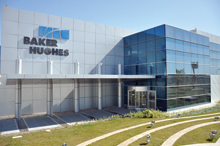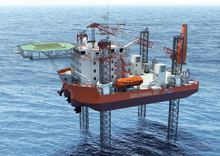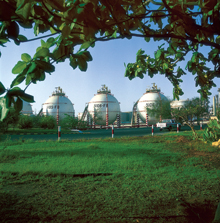
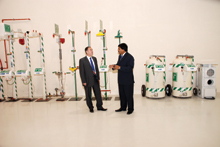 Hughes ... relocating to a bigger office in Sharjah
Hughes ... relocating to a bigger office in Sharjah
HUGHES Middle East has relocated to a new larger office and warehouse in Sharjah, UAE, to meet the growing demand for the company’s emergency showers and eye/facewash equipment.
This important move will further strengthen its position in the Middle East market and ensure that customers continue to receive a first class service as the volume of business grows, says a company spokesman.
As well as offering customers a local point of contact with direct access to Hughes expertise, the new premises will also provide a focal point for the company’s distribution partners across the region, providing them with administrative and marketing support. The additional space will accommodate a much larger selection of products in stock including the company’s most popular models for even faster deliveries, he says.
A prompt response to sales and technical enquiries has always been a priority, particularly important as many customers have come to depend on Hughes Middle East for advice and support in maintaining a safe working environment.
The company’s close working relationship with leading customers in the region, particularly those in the oil, gas and petrochemical industries, has helped it to develop products specifically for use in high ambient temperatures.
These include self-draining showers and tank showers based on the well-proven Hughes design but built to maintain the temperature of the shower water at a safe level. The internationally recognised ANSI Z 358.1 2009 standard specifies a minimum of 15 minutes showering to ensure effective decontamination. If the temperature of the water is too high casualties will not remain under the shower long enough and in extreme cases, could be seriously injured, he explains.
Designing showers to operate in high ambient temperatures, where standing water can easily be heated to excessive temperatures by the sun can be particularly challenging. Add to this the wide fluctuations encountered in some regions between day and night time temperatures throughout the seasons, and the task becomes even more complex, he says.
It is important when specifying emergency showers to consider compliance with the ANSI standard which may be mandatory on some sites. The standard provides a starting point for evaluating effectiveness and comparing products from different manufacturers, he says.
Self-draining showers offer one solution when specifying equipment for hot climates. When not in use, water drains from the standpipe to prevent it being heated by the sun. For some installations and used together with insulation, this is sufficient, he says.
However, where the mains water supply is inadequate, unreliable or simply unavailable, tank showers have proved to be particularly popular, especially in the oil, gas and petrochemical industries. In addition to providing a water supply independent of the mains, they also incorporate ancillary equipment to control the temperature of the stored water.
Tank showers vary in size. The Hughes range, for example, extends from 350 to 2000 litres capacity offering a choice of solutions depending on the availability of a reliable mains supply.
The 1,200 litres is sufficient to meet the water flow and duration specified in the ANSI standard even if the mains supply is disconnected. The 2,000 litre unit will also meet the standard while disconnected from the mains.







































































